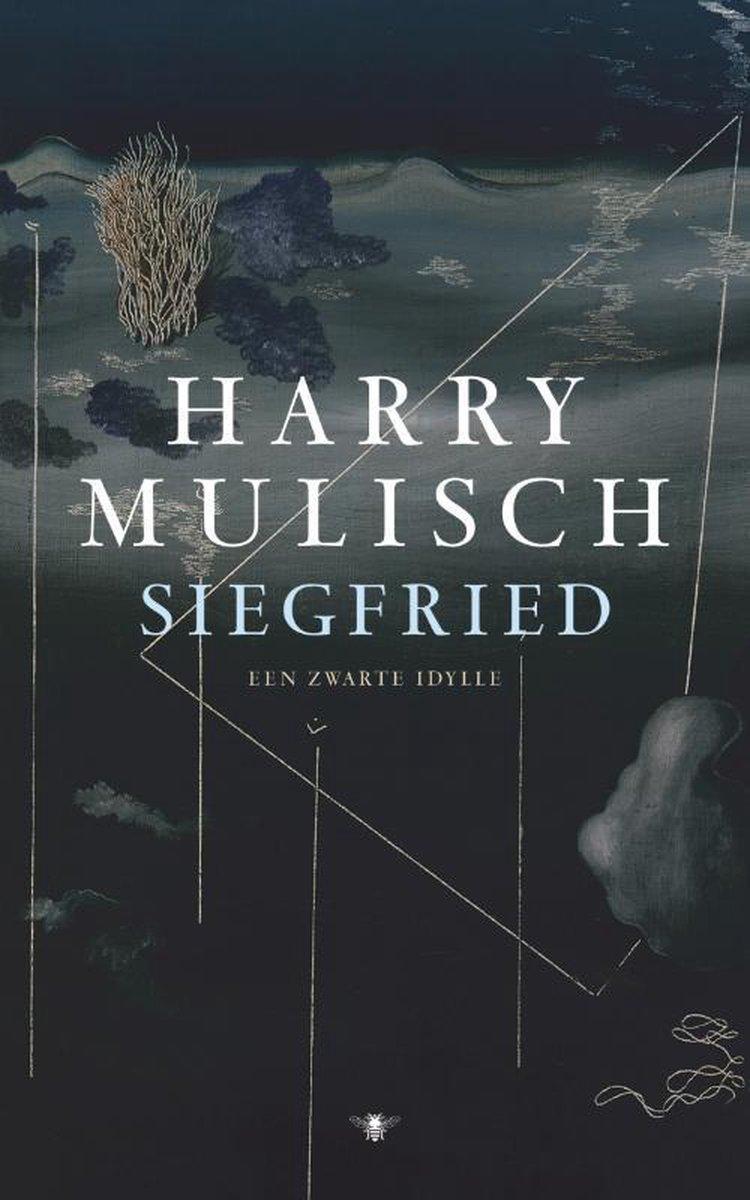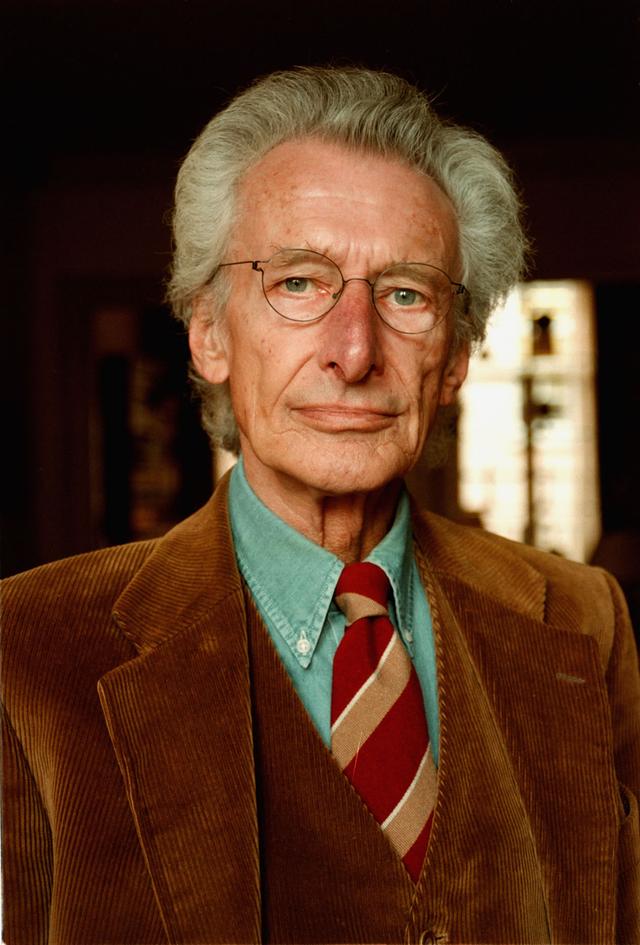Siegfried: A Black Idyll
Harry Mulisch has written his best works late in life. At the age of 65 he completed 'De ontdekking van de hemel', the Faust-sized novel in which he intertwines all his themes with an astonishing dexterity. After discovering heaven, Mulisch found a formula that summarised and explained the universe, on which theme he wrote the novel 'De procedure'. In 'Siegfried', Mulisch harks back to World War II, the period that plays a central role in his works.

The fact that Mulisch himself is, paradoxically, the son of an Austrian Nazi collaborator and a Jewish mother once prompted him to declare: ‘I am the Second World War’. No wonder, then, that the main character is a dead ringer for Mulisch. Rudolf Herter is a feted author, whose masterpiece The Invention of Love has gained him world fame.
In Vienna, where he is due to give a lecture, Herter suddenly hits on an idea. He wants to fathom the most inscrutable person he knows: Adolf Hitler. But how should he go about it? At that moment, providence comes to his aid. He is approached by an old Viennese couple, who tell him that they worked at Hitler’s mountain retreat, Berghof, during the war. They reveal a spectacular secret: Hitler and Eva Braun had a son, Siegfried. Hitler could neither recognise his son nor marry Eva Braun, as the Führer was supposed to belong to all German women. The Viennese couple therefore brought Siegfried up as their own son. Just before Hitler and Eva Braun carried out their suicide pact, the Führer forced the foster father to murder seven-year-old Siegfried.
One of the world’s great writers continues his steady march toward a Nobel Prize.
Kirkus Review (09-2003)
This grisly fact sets Rudolf Herter’s thoughts racing. In a long tirade of almost insane lucidity (considering in passing the lives of Heidegger, Schopenhauer and Nietzsche) he comes to the conclusion that, although he has come so close, Hitler will always elude him. Hitler is the denial of existence, the denial of everything imaginable. ‘Ultimately Hitler is a void,’ says Herter. There is no answer, only the thrilling search for the solution of the enigma. Mulisch links the worlds of Herter and Hitler, imagination and reality, good and evil, light and darkness, humour and horror, transparency and inscrutability. This makes Siegfried a breath-taking literary adventure.
A book that is not only thrilling as an unorthodox detective novel, but which also, by striking a provocative chord, provides one of the main themes in Mulisch’s works with a wonderful accolade. In the novel, reality may outstrip fantasy, but as a novel it is, nevertheless, fantasy that demands the last word.
NRC Handelsblad
A thrilling and unforgettable literary adventure.
De Standaard
A sharp-witted, highly intriguing novel.
De Telegraaf
